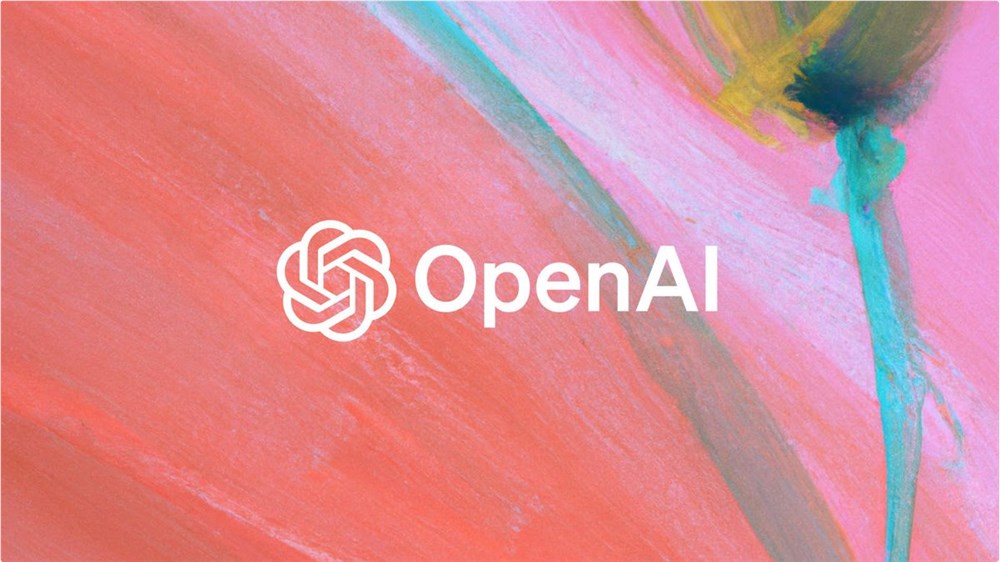Wharton School of Business and OpenAI launch a new online course "AI in Education: Teaching with ChatGPT", which aims to help educators effectively use AI technology to improve teaching levels and improve students' AI skills. The course takes the form of four self-study modules, covering important content such as the concept of generative AI, the development of AI prompts, and how to integrate AI into homework while maintaining academic integrity. The launch of this course marks the further advancement of Wharton’s “Wharton AI Initiative” and represents the first time OpenAI has cooperated with a business school, setting a new benchmark for the application of AI in education.
Recently, Wharton Online, the online learning platform of the Wharton School, launched a new course called "AI in Education: Teaching with ChatGPT." The course, developed in partnership with artificial intelligence research company OpenAI, is designed to help educators use technology to teach more effectively and help students improve their AI skills.

The course was officially announced on November 21st and begins on December 1st in the form of four self-study modules. The course content mainly focuses on the exploration of new concepts in generative AI, the formulation of AI prompts, and how to integrate AI into school assignments while maintaining academic integrity.
The launch of this course comes exactly one year after the Wharton School launched the Wharton AI Initiative, which aims to encourage research on the business applications and social impact of AI. Wharton’s collaboration with OpenAI forms part of Wharton’s AI and Analytics Initiative and is the first time OpenAI has collaborated with a business school.
The course will be taught by Wharton professor Ethan Mollick and education expert Lilach Mollick. Ethan Mollick was selected as one of the most influential people in 2024 by Time magazine due to his influence in the field of AI. Leah Belsky, OpenAI's vice president and general manager of education, said when the course was announced that Wharton's embrace of OpenAI's use was "pretty remarkable."
Belsky also mentioned that Ethan and Lilach Mollick serve as "beacons" in the education community, constantly experimenting, researching, and sharing insights on how to use AI to accelerate learning. “It’s exciting to imagine how many educators and students will benefit from their teaching in the future,” Belsky said.
After completing the course, students will receive a certificate jointly issued by Wharton Online and OpenAI, which will be issued by the online learning platform Coursera.
All in all, the launch of this course provides valuable learning opportunities for educators and students, helps to better understand and apply AI technology, and promotes innovative development in the field of education. The course is jointly created by Wharton School and OpenAI, and its authoritativeness and practicality are worth looking forward to.